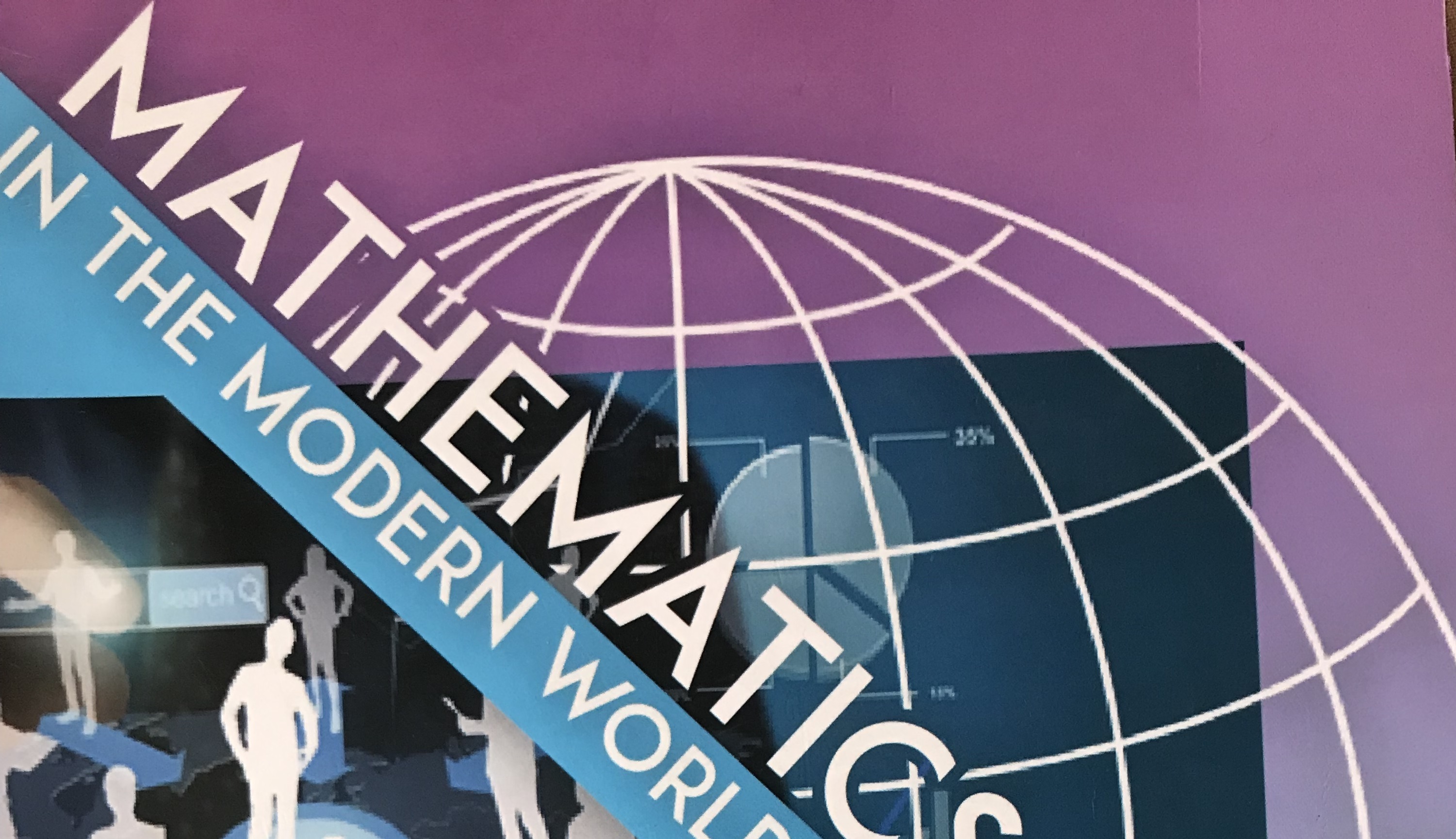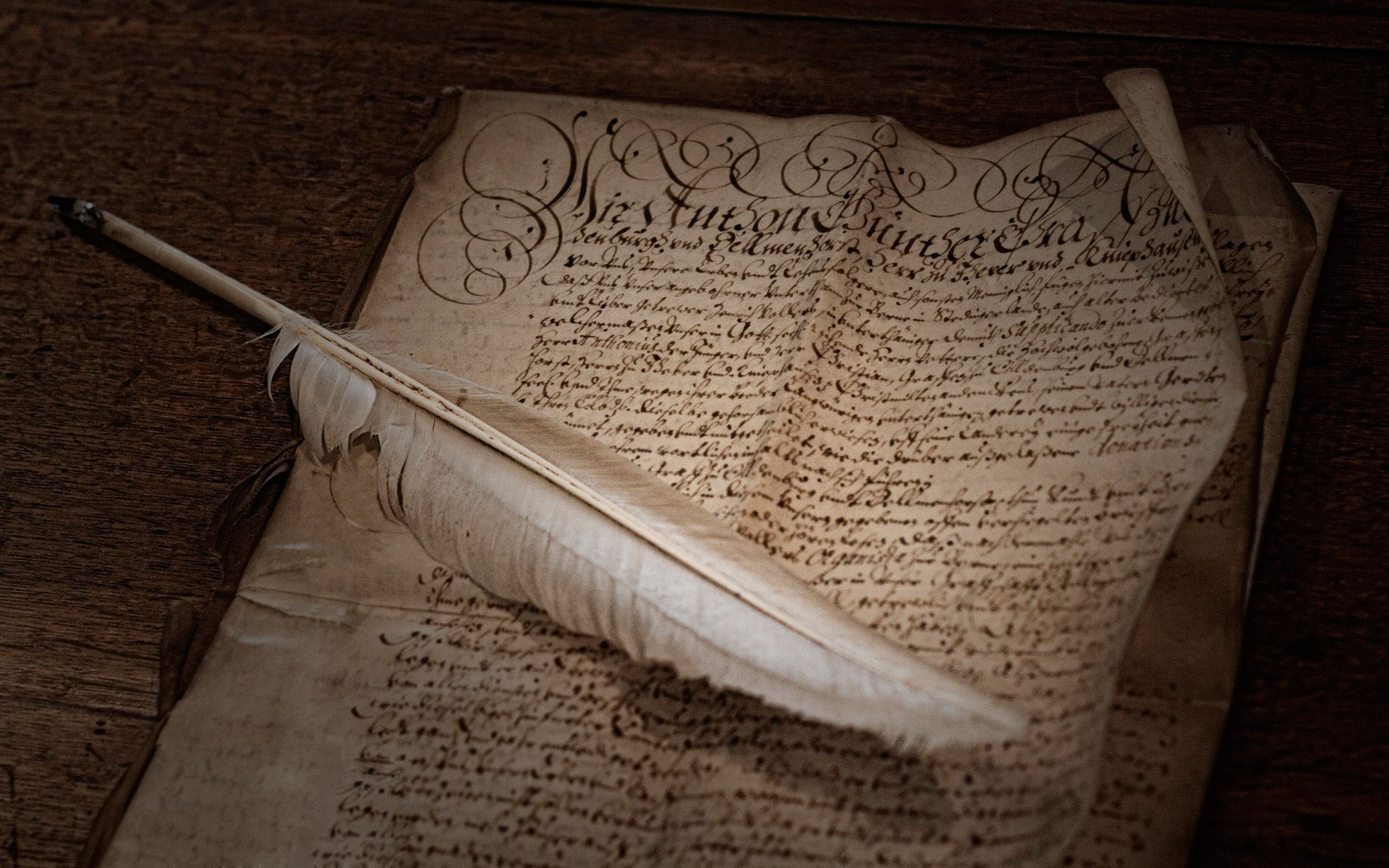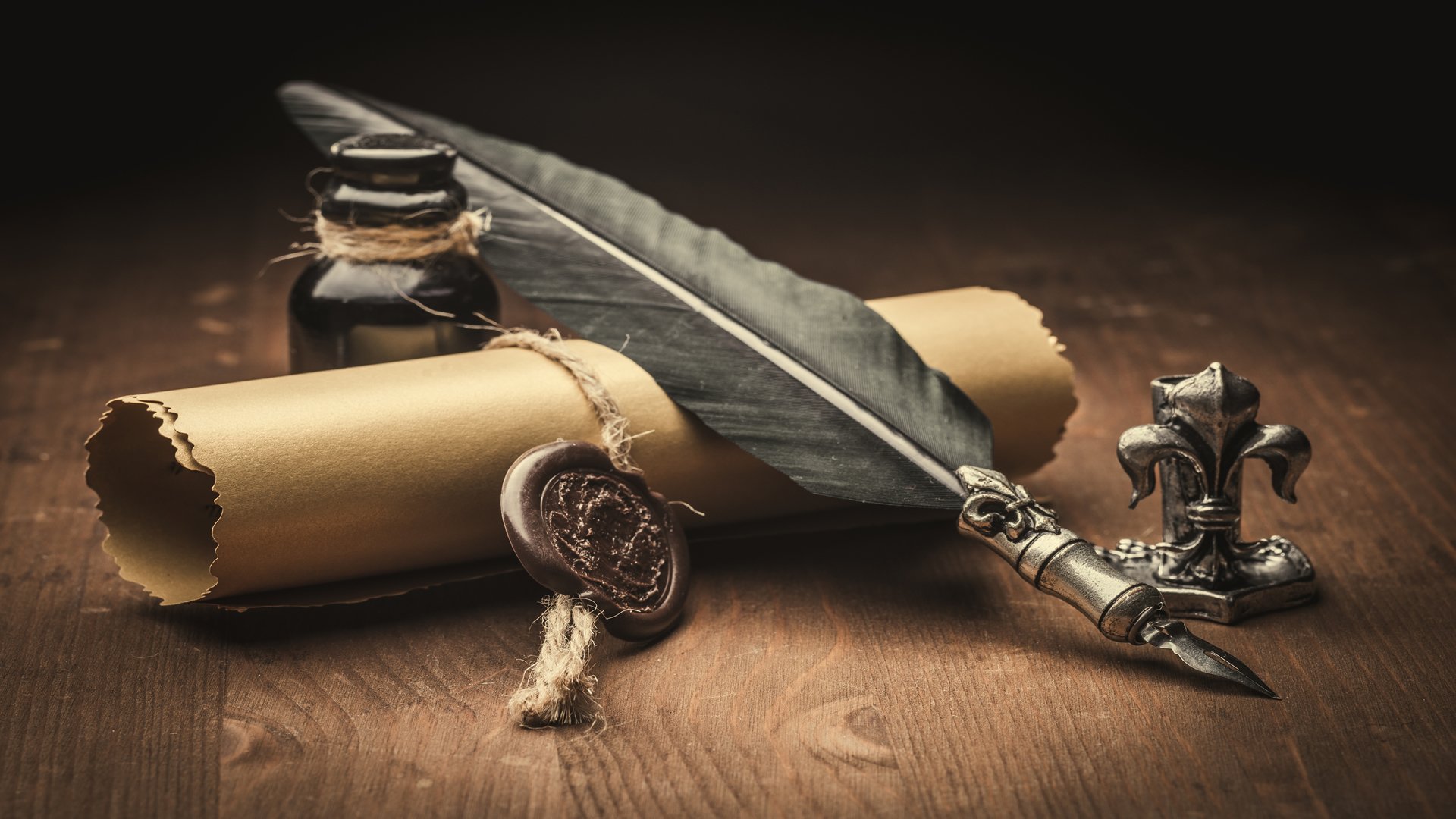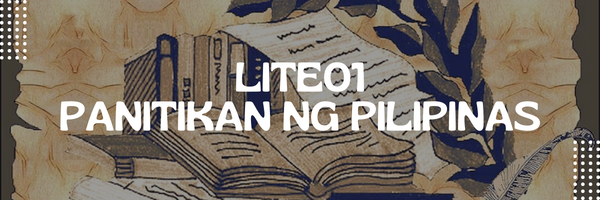
Panitikan ng Pilipinas
Ang kursong ito ay pag-aaral
sa iba’t ibang anyo ng panitikan/ literatura ng Pilipinas sa pamamagitan ng pagbasa
sa ilang tekstong pampanitikan na hango sa iba’t ibang
rehiyon ng Pilipinas, tatalakayin din ang mahahalagang kaganapan sa iba’t ibang
panahon ng kasaysayan ng panitikan sa sambayanang Pilipino.
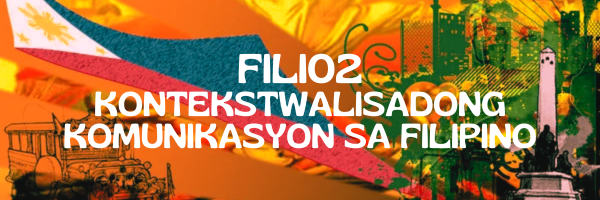
Kontekstwalisadong Komunikasyon sa Filipino
Ang kursong Kontekstwalisadong Komunikasyon sa Filipino ay isang praktikal na kursong nagpapalawak at nagpapalalim sa kontekstwalisadong komunikasyon sa wikang Filipino ng mga mamamayang Pilipino sa kani-kanilang mga komunidad sa partikular, at sa buong lipunang Pilipino sa pangkalahatan. Nakatuon ang kursong ito sa makrokasanayang pakikinig at pagsasalita, gayundin sa kasanayan sa paggamit ng iba’t ibang tradisyonal at modernong midya na makabuluhan sa kontekstong Pilipino sa iba’t ibang antas at larangan.
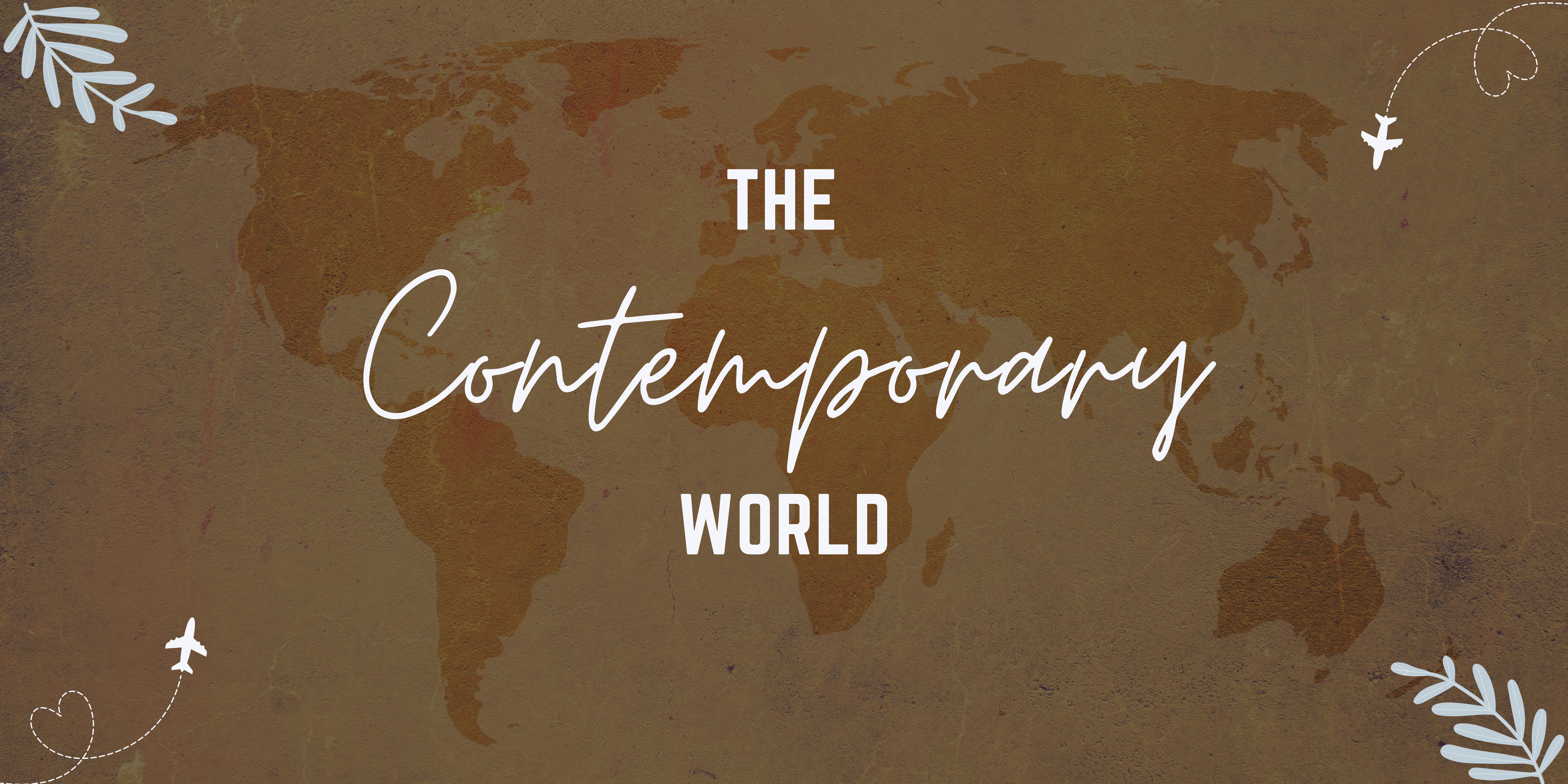
The Contemporary World
This course
introduces students to the contemporary world by examining the multifaceted
phenomenon of globalization. Using the various disciplines of the social
sciences, it examines the economic, social, political, technological, and other
transformations that have created an increasing awareness of the
interconnectedness of peoples and places around the globe. To this end, the
course provides an overview of the various debates in global governance,
development, and sustainability. Beyond exposing the student to the world
outside the Philippines, it seeks to inculcate a sense of global citizenship
and global ethical responsibility.

